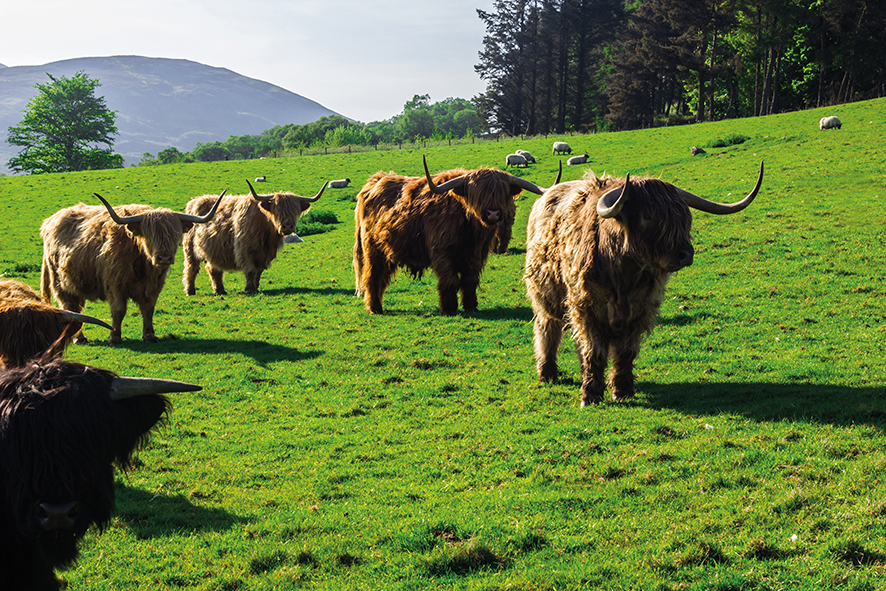The RPA has announced expiring Countryside Stewardship (CS) agreement holders may be offered a new 5 year Agreement, instead of one year extensions. So called ‘Mirror Agreements’ will be available for Mid and Higher Tier agreements which are due to expire on 31st December 2021. This will include agreements which originally started in 2016 and were extended for one year in 2021 and those that started in 2017 and are due to expire at the end of this year. Those considered eligible will be invited to apply for a new agreement which will ‘mirror’ the current one and start on 1st January 2022. The new Mirror agreements will be offered under domestic CS regulations and subject to the CS 2022 manual. One year extensions of CS agreements will no longer be offered.
Countryside Stewardship Mid-Tier Agreements due to expire on 31st December 2021 will be assessed by RPA. Natural England will assess Higher-Tier Agreements based on environmental outcomes to decide whether to offer 5 year Mirror Agreements. It will not be possible to add, remove or replace options in a Mirror Agreement. Effectively they will be the same as the original Agreement. Expiring Woodland-only agreements will not be eligible and holdings which have an unmanaged SSSI or SM will not be offered a Mirror Agreement. If the agreement is not suitable for a Mirror Agreement, or holders wish to change their options they will be able to apply under the CS scheme this year.
Importantly, Mirror Agreements can still be terminated early at the end of a calendar year without penalty if an ELM Agreement has been accepted. Further information can be found at: https://www.gov.uk/guidance/countryside-stewardship-mirror-agreements?utm_medium=email&utm_campaign=govuk-notifications&utm_source=63305f63-6553-4a46-b757-50c4ea809add&utm_content=daily










